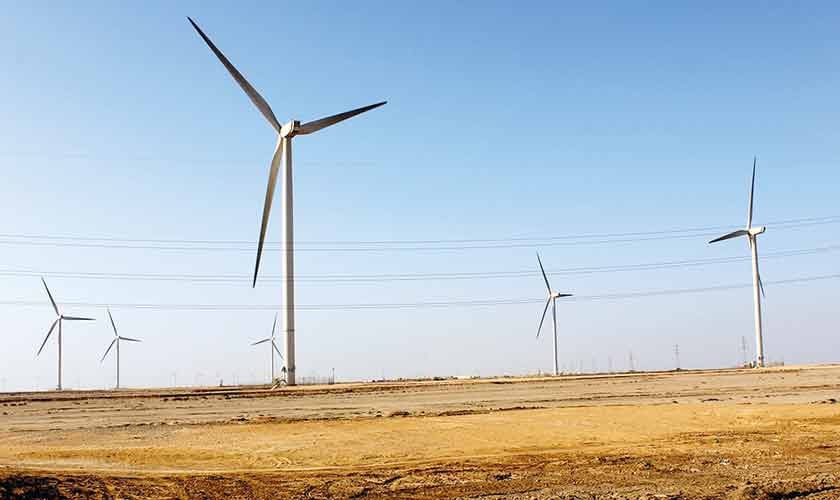Harnessing Pakistan's Wind Power: A Green Hydrogen Revolution in Thatta
Key Ideas
- Pakistan's energy crisis can be addressed through sector-coupling, converting surplus wind energy in Thatta into green hydrogen for industrial, transport, and export use.
- By embracing green hydrogen production, Pakistan can tackle the Non-Project Missed Volume crisis, reduce circular debt, and position itself as a competitive player in the global market.
- Thatta's Special Economic Zones can be transformed into 'Green Hydrogen Zones' with tailored policy support to attract investors and drive economic growth.
- While challenges exist in high capital costs, the benefits of reduced circular debt, enhanced energy security, and stable revenue streams make the transition to green hydrogen a viable long-term strategy.
Pakistan is facing a deepening energy crisis characterized by rising tariffs, circular debt, and underutilized renewable resources. The concept of sector-coupling, particularly in Thatta, presents a new opportunity to address these challenges through the conversion of surplus wind energy into green hydrogen. By utilizing wind corridors in Thatta, Pakistan can not only resolve the financial paradox of Non-Project Missed Volume but also emerge as a significant player in the global hydrogen market. The country's governance model, reliant on rigid power purchase agreements, has led to significant financial losses due to unutilized renewable energy. As a response, a shift towards sector-coupling is proposed to enhance efficiency and meet the growing demand for green hydrogen. Pakistan has the potential to produce a substantial amount of green hydrogen annually, positioning itself favorably in a market expected to witness exponential growth. The model in Thatta could serve as a blueprint for other regions, offering structural solutions to energy crises and creating new export opportunities. Policy support for 'Green Hydrogen Zones' in Special Economic Zones can attract investors and drive economic development. While challenges such as high capital costs exist, the long-term benefits of reduced debt, enhanced energy security, and stable revenue streams make the transition to green hydrogen not only beneficial but necessary for Pakistan's sustainable energy future.
Topics
Aviation
Renewable Energy
Technology
Energy Security
Investment
Decarbonisation
Economic Development
Policy Support
Export Market
Latest News
